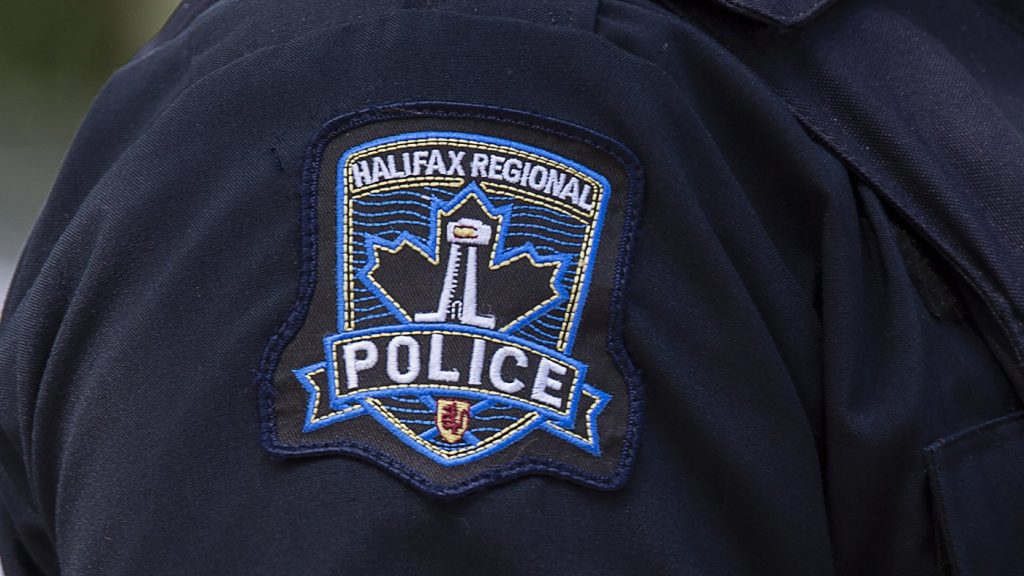Mandatory masking a ‘good thing’ amid rising COVID cases: Dr. Barrett
Posted Apr 9, 2022 05:18:32 PM.
A Halifax infectious disease specialist is encouraging a mask mandate as COVID-19 cases continue rising across Nova Scotia and the rest of Canada.
“Sometimes, it's really hard at high-stress times like this, where there's a lot of virus, to put it back to people making choices around it,” Dr. Lisa Barrett said. “It's a bit of a public safety thing more so than just a health thing. We know that there's a risk out there, we can quantify it to a certain extent. We need to help people make some choices.”
The Dalhousie University assistant professor told The Todd Veinotte Show that if there are no rules around masking while COVID-19 spreads at a high rate, then some people are left disadvantaged.
“That's why many people are suggesting rules around masking for a little while longer,” Dr. Barrett said. “As well as keeping your contacts moderate and really, really using tests and isolation to keep people around you safe, after you've gotten all of your recommended vaccines.”
However, Dr. Barrett said health care specialists understand that the rules and tools used throughout the pandemic won't entirely protect people.
“We know that no one tool is perfect,” she said. “Vaccines aren't perfect, masks aren't perfect, tests aren't perfect. But if we want to slow down that rate of change with so much virus around, it's an exquisitely transmittable one, in order to spread out some of these infections, … then we need to use all of the tools together.”
In terms of masking, she said the practice is most beneficial when it's not just one person masking but mostly everyone in an area.
The latest weekly COVID-19 report in Nova Scotia showed there were 6,991 positive PCR tests and eight COVID-19 deaths.
Even as numbers rise across the province, Nova Scotia chief medical officer of health Dr. Robert Strang said widespread public health restrictions and mandates are no longer necessary to manage COVID-19.
“Restrictive measures have societal consequences too,” said Dr. Strang. “They impact mental health, people's jobs, the economy and their social connections. And those harms tend to have a disproportionate impact on marginalized and disadvantaged populations.”
But amid the rising COVID-19 cases, Dr. Barrett said people should not react to their feelings and panic. She added that if strong feelings were taken into account, then restrictions such as lockdowns and gathering limits would be enforced.
Instead, she said people should focus on factual information and review the numbers that are reported by the province.
“It certainly is one of the most precarious points in our pandemic,” Dr. Barrett said. “We've got lots of great tools, we've got lots of vaccinated people, but, unfortunately, clearly with this level of virus, mitigation or means of reducing the rate of infections would be very important.
“Not restrictions, necessarily, but mitigation.”
She said she understands many people might flinch at hearing the word “restrictions” but added that creating a mandate around a tool such as masking doesn't necessarily fall under that category.
“It's been a really crappy few years, but there is a difference — I would suggest — between a restriction and using a tool like a mask and asking people to make that a rule,” she said. “There are people out there who don't like or feel impeded by seat belts, by speed limits and other things. We keep those there for public safety.
“Right now, not for forever, but during a respiratory season in a pandemic with record numbers, hospitalizations and deaths, a rule to help with some public safety doesn't have to be called a restriction nor does it have to be a full-on restriction.”








